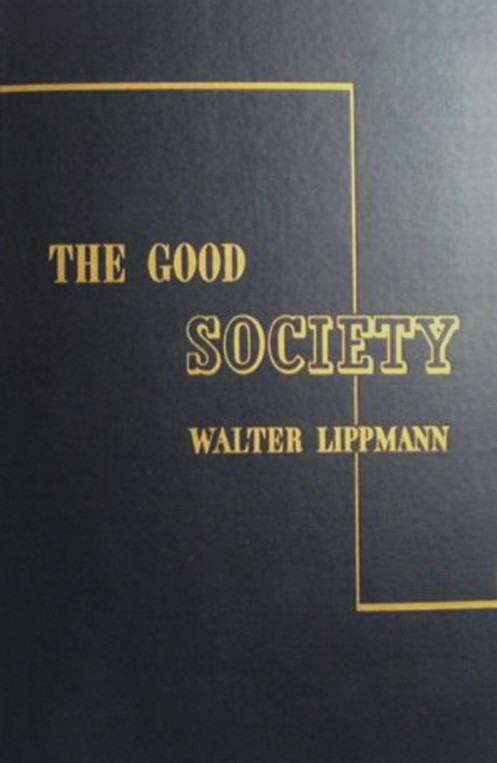Carl Freedman: The Age of Nixon: A Study in Cultural Power (2012)
Filed under book | Tags: · history, liberalism, marxism, politics, psychoanalysis, united states

Applies Marxism and psychoanalysis to the study of American politics. In America, every age is the Age of Nixon.
The fundamental argument of this book is, first, that Richard Nixon, though not generally regarded as a charismatic or emotionally outgoing politician like Franklin Roosevelt or Ronald Reagan, did establish profound psychic connections with the American people, connections that can be detected both in the brilliant electoral success that he enjoyed for most of his career and in his ultimate defeat during the Watergate scandal; and, second and even more important, that these connections are symptomatic of many of the most important currents in American life. The book is not just a work of political history or political biography but a study of cultural power: that is, a study in the ways that culture shapes our politics and frames our sense of possibilities and values. In its application of Marxist, psychoanalytic, and other theoretical tools to the study of American electoral politics, and in a way designed for the general as well as for the academic reader, it is a new kind of book.
Publisher Zero Books, an imprint of John Hunt Publishing, 2012
ISBN 1846949432, 9781846949432
295 pages
commentary (Steven Shaviro)
PDF (EPUB)
Comment (0)Walter Lippmann: The Good Society (1937)
Filed under book | Tags: · collectivism, economy, law, liberalism, liberty, politics, society, totalitarianism

The Good Society is a critical text in the history of liberalism. Initially a series of articles published in a variety of Lippmann’s favorite magazines, as the whole evolved, it became a frontal assault against totalitarian tendencies within American society. Lippmann took to task those who sought to improve the lot of mankind by undoing the work of their predecessors and by undermining movements in which men struggle to be free. This book is a strong indictment of programs of reform that are at odds with the liberal tradition, and it is critical of those who ask people to choose between security and liberty. The Good Society falls naturally into two segments. In the first, Lippmann shows the errors and common fallacies of faith in government as the solution to all problems. He says, “from left to right, from communist to conservative. They all believe the same fundamental doctrine. All the philosophies go into battle singing the same tune with slightly different words.” In the second part of the book, Lippmann offers reasons why liberalism lost sight of its purpose and suggests the first principles on which it can flourish again. Lippmann argues that liberalism’s revival is inevitable because no other system of government can work, given the kind of economic world mankind seeks. He did not write The Good Society to please adherents of any political ideology. Lippmann challenges all philosophies of government, and yet manages to present a positive program. Bewildered liberals and conservatives alike will find this work a successful effort to synthesize a theory of liberalism with the practice of a strong democracy.
Publisher Little, Brown and Company
433 pages
Lawrence H. White: The Clash of Economic Ideas: The Great Policy Debates and Experiments of the Last Hundred Years (2012)
Filed under book | Tags: · business, economics, economy, history, liberalism, market, money, production

The Clash of Economic Ideas interweaves the economic history of the last hundred years with the history of economic doctrines to understand how contrasting economic ideas have originated and developed over time to take their present forms. It traces the connections running from historical events to debates among economists, and from the ideas of academic writers to major experiments in economic policy. The treatment offers fresh perspectives on laissez faire, socialism and fascism; the Roaring Twenties, business cycle theories and the Great Depression; Institutionalism and the New Deal; the Keynesian Revolution; and war, nationalization and central planning. After 1945, the work explores the postwar revival of invisible-hand ideas; economic development and growth, with special attention to contrasting policies and thought in Germany and India; the gold standard, the interwar gold-exchange standard, the postwar Bretton Woods system and the Great Inflation; public goods and public choice; free trade versus protectionism; and finally fiscal policy and public debt.
Publisher Cambridge University Press, 2012
ISBN 1107012422, 9781107012424
440 pages
discussion with the author (with Russ Roberts, EconTalk)
review (Alberto Mingardi, The Washington Times)

